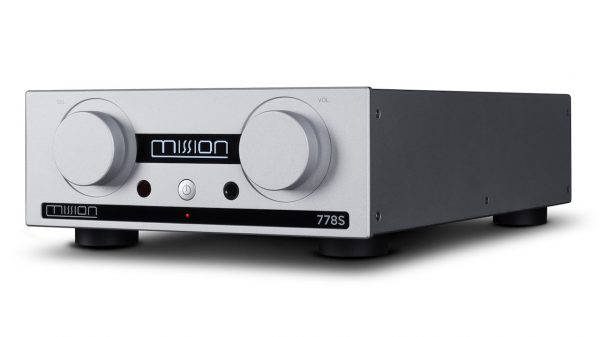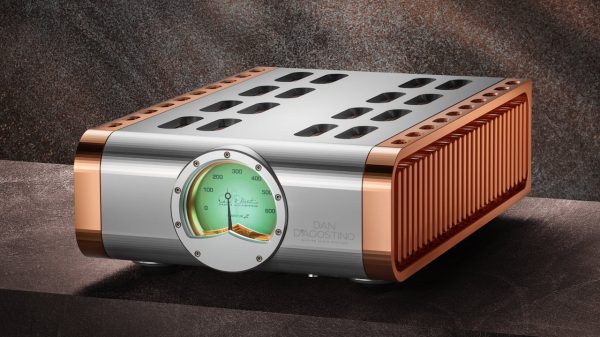As convenient as computers have made our lives things can become a whirlwind of confusion the moment something happens to those systems. One minute were whizzing through the Internet, browsing page after page with nothing holding us up and the next minute were staring at a screen waiting what feels like a lifetime for a single page to load.
What happened to our efficient and diligent computer? Why are we stuck looking at that little green bar wondering how much longer we’ll have to pray until the page appears? For many of us the answer is one of uncertainty. The truth is we take little time to truly learn about, much less take care of, our computers.
While we don’t have to understand everything about our computers it would certainly be beneficial to know what we can do to keep them healthy and performing at top speed. As computer owners we might not ever really care to learn about how our computers operate but if we want them to continue to operate there are things we must do to ensure that happens.
Most of us have heard of the dangers associated with viruses and experienced the frustration of spam but the majority of us don’t really appreciate the danger of fragmentation. For that sake most of us don’t even know what fragmentation means in relation to our computer.
If you’ve ever experienced that scenario mentioned earlier describing the long wait for a page to load you’ve more than likely been affected by fragmentation. You might not know it, but you’ve got it.
Fragmentation is a computer disease that relates to how your hard drive stores saved files and programs. Because a hard drive organizes its files in a contiguous manner files are stored as they are saved. Each file is saved in a designated space, leaving no room for modifications, deletions, or additions. As we begin to make changes to files and resave them they no longer fit in that designated space and the hard drive is forced to find a new space for the extra data.
These are now fragmented files and when you try to retrieve them it will take your computer longer to deliver the file because it is forced to search for the pieces that comprise that document or program.
It may not seem that serious at first but when we realize that our computers save thousands of temporary and cached files every day the problem becomes obvious. Left untreated our hard drive will eventually slow to a crawl and ultimately crash. Remember that fragmentation is a disease, and like any disease it will get worse over time if we do nothing about it.
The good news is there is a simple answer, a technological penicillin of sorts that will restore our computer’s speed and keep it running healthy. By installing defragmentation software that hard drive infected with countless fragmented files will suddenly become cleansed and rejuvenated. We’ll be able to return to the days of speed and efficiency that once existed.
Defragmentation software pieces together fragmented files when those files are saved on the hard drive they can accommodate changes without having to break the file into separate pieces. One of the most attractive aspects of defrag software is that it not only cleans your hard drive but continues to work to prevent the existence of fragmentation.
The immediate return on defrag software will bring about greater computer speed while the long term benefit of defragmenting your hard drive is an extended computer life. So before you go looking for a new computer when you grow frustrated with slow application and page loads or unresponsive email and Internet browsing stop by any computer retailer and pick up defragmentation software and save yourself a lot of money.























